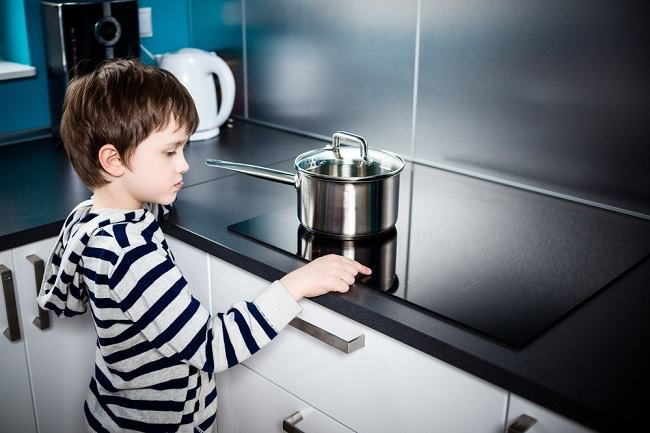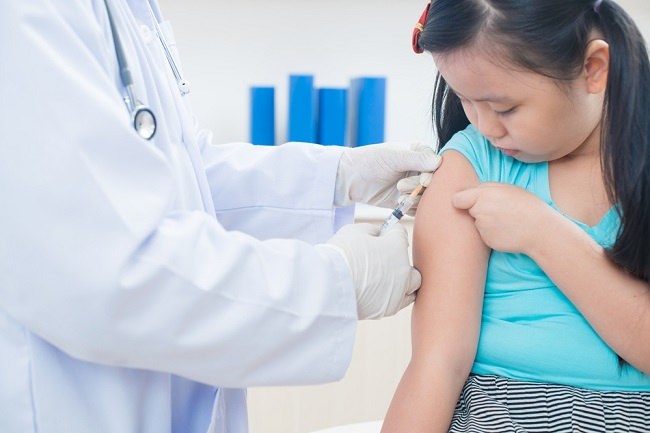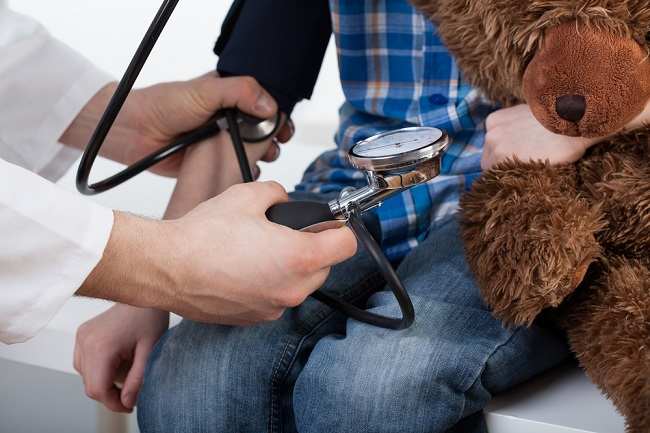Pediatricians who specialize in the development of social pediatrics are pediatricians who have the competence to evaluate children's growth and development. Not only that, this subspecialist doctor can also determine the right treatment so that the child can grow and develop according to his age.
As a parent, you must be worried if your child has developmental or behavioral disorders, such as speech delays or difficulty interacting with those around them. To find out the cause and how to deal with it, you can consult a pediatrician, a specialist in social pediatrics growth and development.

Conditions Treated by Pediatricians Social Pediatric Developmental Expert
Pediatricians, specialists in social pediatrics growth and development, play a role in evaluating or monitoring as well as diagnosing and treating various problems in child development, including infants and adolescents.
The following are some conditions or diseases that can be treated by a pediatrician, a social pediatrics development consultant:
- Learning disorders, such as dyslexia and problems with academic skills such as writing, reading, and arithmetic
- Concentration and behavioral disorders, such as hyperactivity and autism
- Psychological disorders, such as anxiety and depression
- Disturbances in daily activities, such as eating disorders, sleep disturbances, and difficulty implementing toilet training
- Developmental disorders due to brain disorders, for example cerebral palsy and spina bifida
- Impaired sensory function, such as impaired vision and hearing
- Barriers or delays in speech and language skills and motor skills
- Developmental problems due to health conditions or chronic diseases such as genetic disorders, epilepsy, diabetes, asthma, and cancer
- Nerve disorders that can interfere with the child's activities, for example Tourette's syndrome
The Role of Pediatricians Specialist in Social Pediatric Development
Pediatricians, specialists in the development of social pediatrics, play an important role in examining and treating various health problems, especially those related to aspects of child development.
In addition, this subspecialist doctor can also handle various other health problems in children, such as fever, cough and cold, allergies, diarrhea, injuries, to nutritional problems in children.
Pediatricians who specialize in social pediatrics also often play a role in treating children with special needs, such as children who have behavioral disorders or have experienced severe psychological trauma, such as due to violence or abuse.
To evaluate growth and development and determine the diagnosis of developmental disorders in children, pediatricians, specialists in social pediatrics growth and development, can perform a physical examination and various other examinations, which include:
- Interviewing parents about their child's growth, development, social skills and learning abilities
- Checking the mother's health history during pregnancy as well as immunization history and child development status
- Evaluating children's daily habits, such as nutritional intake, eating patterns, and sleeping patterns
In addition, pediatricians who specialize in child development can also perform psychiatric examinations, including autism screening, as well as supporting examinations such as blood and urine tests, genetic examinations, or radiological examinations, such as CT scans and MRIs, if needed.
After the condition of the child's growth and development and the diagnosis of the disease are known, the pediatrician, a growth and development specialist, will provide treatment in the form of medication, psychotherapy, and stimulation of growth and development.
Doctors may also recommend physiotherapy and speech therapy for children who have speech difficulties or impaired growth and motor development.
In practice, pediatric social development specialists in pediatrics often work closely with psychologists, pediatricians, and child psychiatrists.
When to Consult a Pediatrician, Pediatric Social Development Specialist?
You are advised to take your little one to a developmental subspecialist pediatrician if he seems to have some problems, such as:
- Not reaching the stage of development that should occur at his age
- Difficulty eating, for example unable to chew or swallow food properly
- Weight or height is less or does not increase according to age
- Talking late (speech delay) or can't talk at all
- Difficult to concentrate and can't stay still
- Difficulty following and understanding lessons at school
- Emotionally unstable and difficult to interact with other people or the surrounding environment
In addition, your child may also need to be examined by a pediatrician, a developmental specialist if he or she was born prematurely or has been diagnosed with a brain disorder, such as: cerebral palsy.
What to Prepare Before Visiting a Pediatrician, Pediatric Social Development Specialist?
Before taking your child to a pediatric subspecialist in growth and development and social pediatrics, it's a good idea to prepare the following things:
- Record all complaints or disturbances experienced by children
- Prepare documents containing medical histories, both mother and child, to make it easier for doctors to make a diagnosis. For example, pregnancy checkbooks and control books that contain a history of child birth, growth status, and completeness of immunizations
- Bring the results of previous examinations, if any
You will probably spend at least 1 hour in the examination room, especially at the first meeting. This is because doctors need to really study and evaluate everything related to the child's medical history and habits.
Health problems related to children's growth and development, may not be immediately resolved in one meeting. As parents, you and your partner need to be patient in guiding and caring for children diagnosed with growth and development problems.
If you feel worried or have difficulty dealing with child development problems, don't hesitate to consult a pediatrician, a social pediatric growth expert, to get the right advice and treatment.









